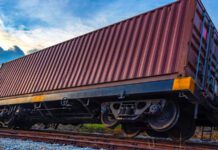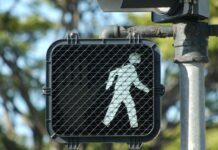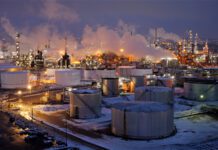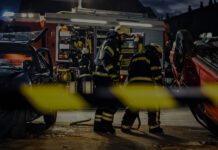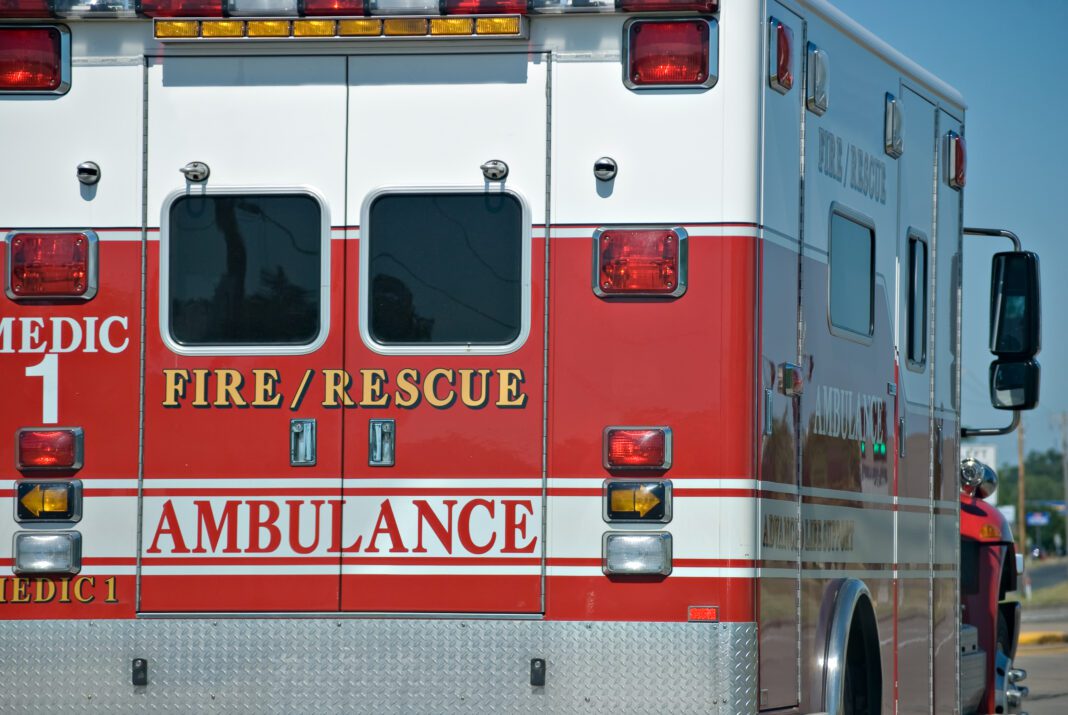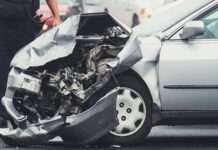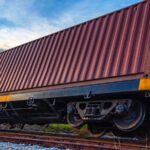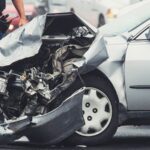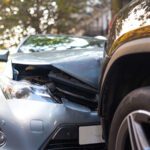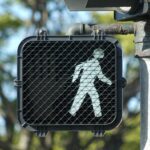A California driver died in a fiery Tesla crash after plowing into a pole when his vehicle hit the curb on February 11th on Genesee Avenue.
According to San Diego Police, the man was driving a 2021 Tesla Model 3 near University City High School at approximately 4:30 AM on Sunday. The man, currently unidentified, was the only person in the car. He reportedly hit the right side curb and crashed into a light pole.
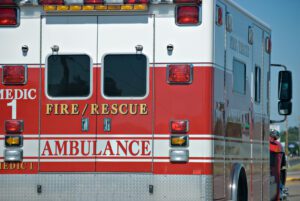
It currently remains unclear if Tesla’s automated technology was engaged at the time of the crash. When emergency personnel arrived at the scene of the crash the Tesla was completely ablaze. The driver died before he could be taken to a nearby hospital.
“My thoughts are with the young man’s family following this tragic and untimely loss,” said Brett Schreiber, leading Tesla litigation attorney. “It’s unfortunate that Teslas continue to be at the forefront of many catastrophic fatalities and crashes, with no change in sight.”
If you or someone you know has been involved in a Tesla collision, contact the San Diego car accident attorneys at Singleton Schreiber by calling (619) 771-3473 or by emailing info@singletonschreiber.com.
Fatal San Diego Tesla Accidents
In recent months, the San Diego area has been marred by a series of fatal accidents involving Tesla vehicles, sparking concerns and debates about the safety of autonomous driving technology. These incidents have raised significant questions about the reliability of self-driving features and the responsibilities of both manufacturers and drivers in ensuring road safety.
The emergence of autonomous driving technology has promised to revolutionize the automotive industry, offering the potential for safer roads, reduced traffic congestion, and improved efficiency. However, as these accidents highlight, the transition to autonomous vehicles is not without its challenges and risks.
One of the key issues surrounding autonomous driving technology is the level of human involvement required to ensure safe operation. While Tesla’s Autopilot system is designed to assist drivers by controlling certain aspects of vehicle operation, including acceleration, braking, and steering, it is not intended to replace human oversight entirely. Drivers are still expected to remain attentive and ready to take control of the vehicle at any moment.
Beyond individual driver behavior, there are broader concerns about the safety and reliability of autonomous driving systems. While proponents argue that self-driving technology has the potential to significantly reduce the number of accidents caused by human error, skeptics point to incidents like those in San Diego as evidence of the technology’s limitations.
Ensuring the safety of autonomous vehicles requires a multi-faceted approach involving not only technological advancements but also comprehensive testing, regulatory oversight, and public education. Manufacturers must continue to refine their autonomous driving systems to improve reliability and performance under various driving conditions. Additionally, regulators need to establish clear guidelines and standards for the development and deployment of autonomous vehicles, prioritizing safety above all else.
Moreover, there is a pressing need for greater public awareness and education about the capabilities and limitations of autonomous driving technology. Drivers must understand their responsibilities when using these systems and be aware of the potential risks associated with overreliance or misuse.
The tragic accidents involving Tesla vehicles in San Diego serve as a stark reminder of the complexities and challenges associated with the transition to autonomous driving. While the promise of safer roads remains tantalizing, achieving this vision will require concerted efforts from industry stakeholders, regulators, and the public alike. Only through collaboration and a relentless commitment to safety can we unlock the full potential of autonomous driving technology while minimizing the risk of further tragedies on our roads.
“Tesla doesn’t seem to care about the pain and anguish they are causing people through their completely negligent approach to safety,” added Mr. Schreiber. “This family, and hundreds of others, have lost family members, suffered serious injuries and are waiting for things to change.”
If you or someone you know has been involved in a Tesla collision, contact the car accident attorneys at Singleton Schreiber by calling (619) 771-3473 or by emailing info@singletonschreiber.com.

